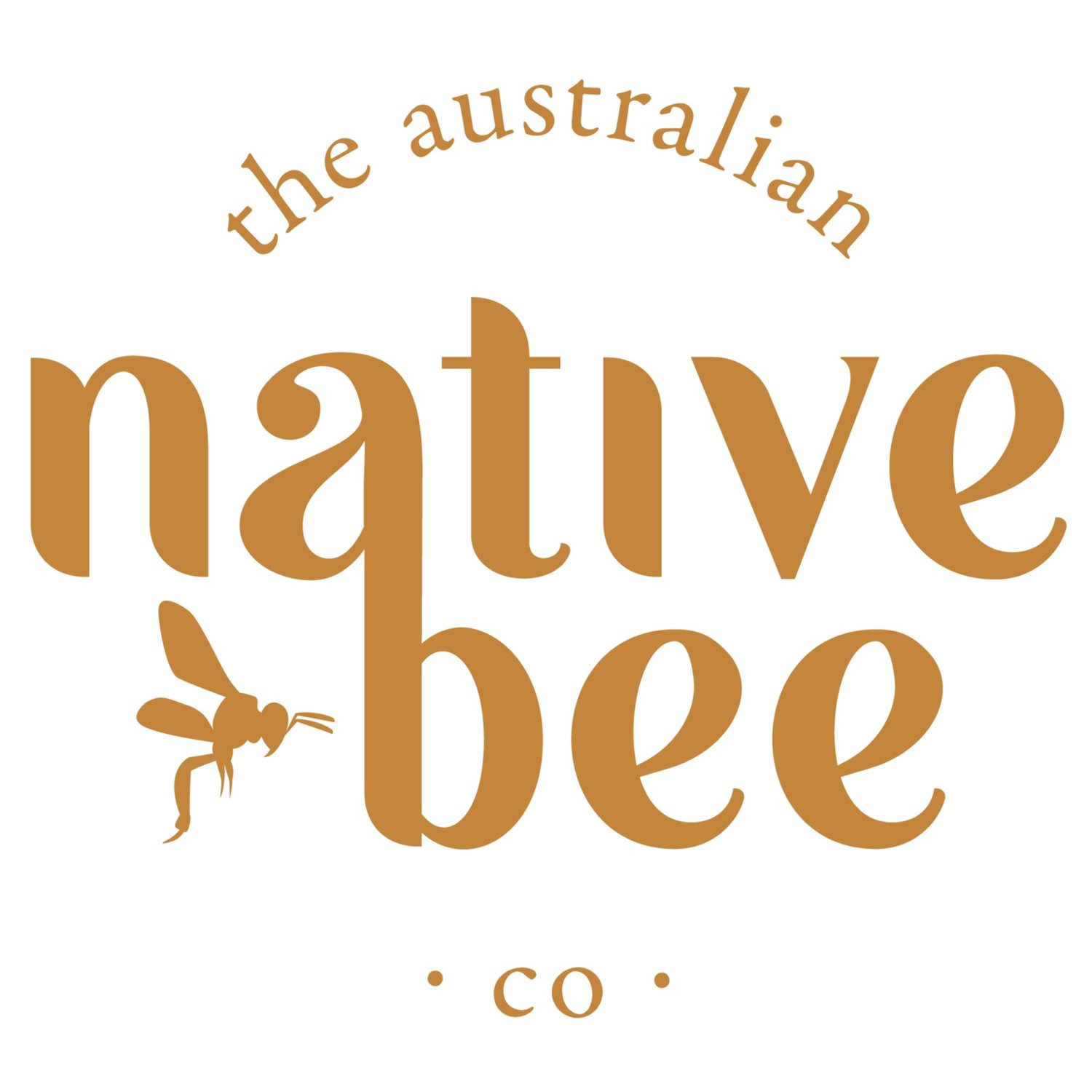Benefits of native bees
Stingless
In Australia we have approximately 11 species of social native bees. Tetragonula carbonaria are one of these species. Social species of native bees do not have the ability to sting. They do defend their hive in other ways such as sealing entry points, using guard bees at the entrance and trying to annoy predators away from their hive when it has been opened.
Pollination
Native bees have proven to be effective pollinators of a range of agriculturally important crops. Some examples include Macadamias, Blackberries, Raspberries, Blueberries, Strawberries and Lychees, to name just a few. Studies in macadamias has shown native bees to effectively pollinate flowers 1 time out of 2 visits, compared to European bees being effective pollinators 1 time in 5 visits. Further research is being completed to identify other crops the native bees effectively pollinate.
Unique honey
Have you tried Native bee honey? It is amazing! Native bee honey is a prized item and has historically been used by the Aboriginal people for its antibacterial, antimicrobial and antifungal properties. Native bee honey is flavoured by the nectar the bees are collecting and the sap and resin they have collected to form honey pots in the hive. It is usually runnier than European bee honey, has citrus or Eucalyptus flavours and can be tangy. We recommend trying it with a strawberry that has been cut in half, or on vanilla ice cream.
Biodiversity
Biodiversity is the number of living organisms found in an ecosystem. Having a diverse range of organisms within an ecosystem reduces the risk of a particular species dying due to disease, difficiencies or the effects of the environment. Through cross pollination of plants native bees improve the survival rate of plant species by increasing the differences in individual plants within a species. Great news for the environment.
Sustainability
Native bees play a key role in the ecosystem in nature as well as having a large role to play in the sustainability of our agriculture sector through pollination. In nature they help with the survival of plant species through their role in pollination as well as being a food source for other organisms in their ecosystem. In agriculture they help with the production of fruits, nuts and seeds which helps enable us to sustain our growing population.





